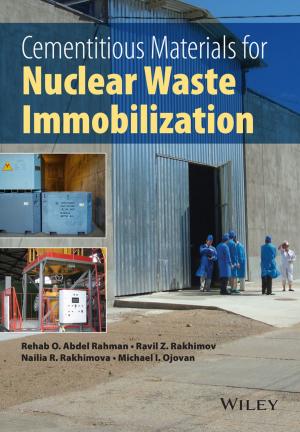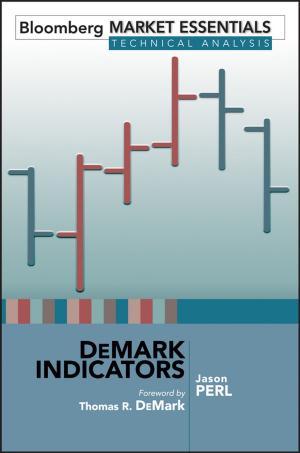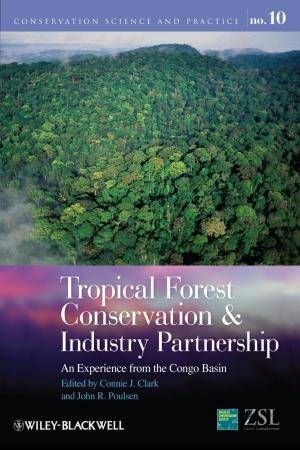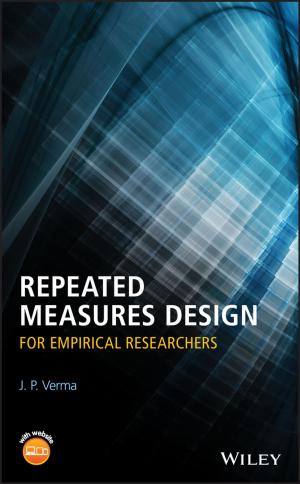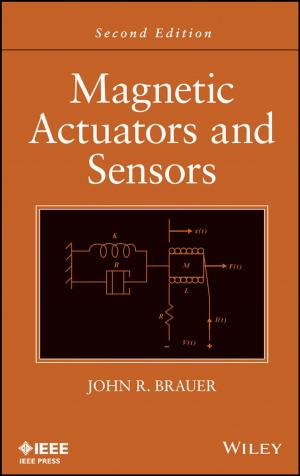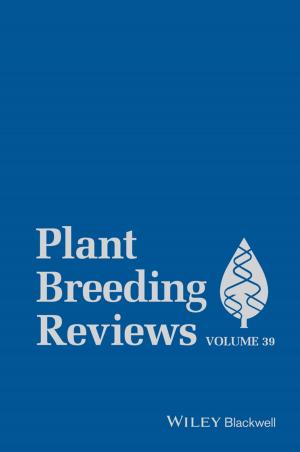Baas Becking's Geobiology
Or Introduction to Environmental Science
Nonfiction, Science & Nature, Science, Earth Sciences, Palaeontology| Author: | ISBN: | 9781118295700 | |
| Publisher: | Wiley | Publication: | September 24, 2015 |
| Imprint: | Wiley-Blackwell | Language: | English |
| Author: | |
| ISBN: | 9781118295700 |
| Publisher: | Wiley |
| Publication: | September 24, 2015 |
| Imprint: | Wiley-Blackwell |
| Language: | English |
Laurens Baas Becking was a pioneer in the field of microbial ecology and the father of Geobiology. This is the first English translation of Baas Becking’s Geobiologie: of Inleiding tot de Millieukunde published in Dutch in 1934. This book provides a fascinating view of how organisms have both adapted to and shaped their environment, from all types of settings ranging from lakes to the oceans, to acidic peats and salt ponds, drawing heavily on Baas Becking’s own keen observations. Although written 80 years ago, Baas Becking’s insights feel surprisingly modern and provide a unique insight into the fields of evolution of microbial ecology and geobiology. This book should appeal to anyone interested in microbial ecology, geobiology, biogeochemistry and the history of science. The translated text is accompanied by extensive footnotes and by an Editor’s summary at the end of each chapter placing Baas Becking’s writing in the context of modern developments in the field.
Laurens Baas Becking was a pioneer in the field of microbial ecology and the father of Geobiology. This is the first English translation of Baas Becking’s Geobiologie: of Inleiding tot de Millieukunde published in Dutch in 1934. This book provides a fascinating view of how organisms have both adapted to and shaped their environment, from all types of settings ranging from lakes to the oceans, to acidic peats and salt ponds, drawing heavily on Baas Becking’s own keen observations. Although written 80 years ago, Baas Becking’s insights feel surprisingly modern and provide a unique insight into the fields of evolution of microbial ecology and geobiology. This book should appeal to anyone interested in microbial ecology, geobiology, biogeochemistry and the history of science. The translated text is accompanied by extensive footnotes and by an Editor’s summary at the end of each chapter placing Baas Becking’s writing in the context of modern developments in the field.

